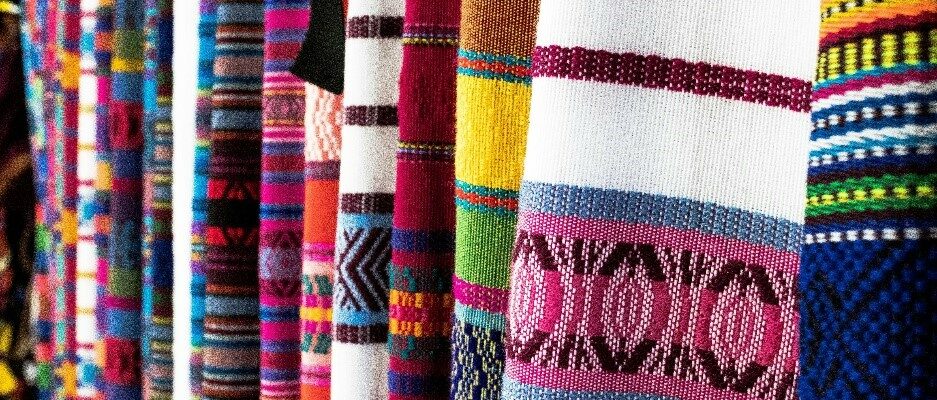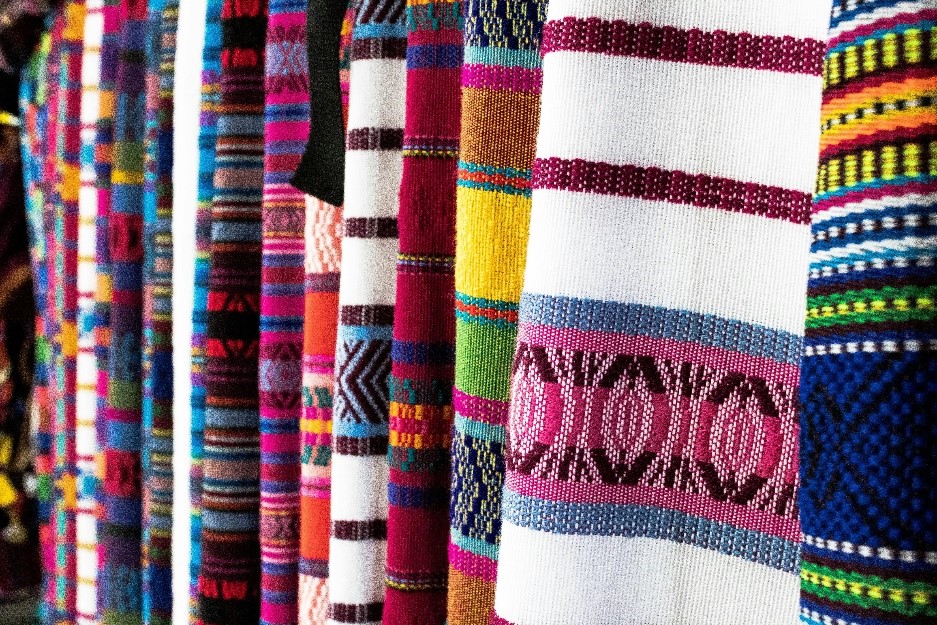

Local Sustainable Fashion: Key Opportunities and Strategies
The rise of sustainable fashion presents unique opportunities for local communities to drive positive change. By leveraging local resources and innovations, communities can support eco-friendly practices while boosting their economies and preserving traditional crafts.
- Using Local Materials
Local fashion brands can reduce their carbon footprint and support regional economies by sourcing materials locally. This approach cuts down on transportation emissions and promotes the use of organic or repurposed materials from nearby sources.
- Supporting Local Artisans
Partnering with local artisans and craftsmen helps preserve traditional techniques and creates unique, high-quality products. This not only promotes sustainability but also provides economic benefits to the community and adds authenticity to local fashion brands.
- Community Initiatives
Local initiatives like clothing swaps, repair workshops, and upcycling events can raise awareness about sustainable fashion and encourage responsible consumption. Community markets and fashion events featuring sustainable brands also help build a network of eco-conscious consumers and businesses.
- Leveraging Local Policies
Many local governments offer incentives for businesses that adopt sustainable practices. Grants, subsidies, and tax breaks can support small and medium-sized enterprises (SMEs) in transitioning to greener models, creating a supportive environment for sustainable fashion.
- Building Networks
Forming partnerships with other local businesses, designers, and environmental organizations can amplify sustainability efforts. Collaboration enhances resource-sharing and marketing, strengthening the local sustainable fashion ecosystem.
- Promoting Transparency
Local brands can leverage their proximity to supply chains to ensure ethical practices and transparency. Highlighting fair labor practices and sustainable sourcing builds consumer trust and differentiates brands in the marketplace.
Barcelona exemplifies local success in sustainable fashion:
- Eco-Friendly Practices: Barcelona’s fashion scene features designers who prioritize sustainable materials and ethical production, reducing environmental impact.
- Community Support: Events like the Barcelona Ethical Fashion Show spotlight local brands committed to sustainability, bringing together designers, consumers, and industry leaders.
- Local Economy: By fostering a network of sustainable brands, Barcelona enhances its reputation and stimulates the local economy while promoting environmental responsibility.
Barcelona’s approach demonstrates how local initiatives can successfully drive sustainable fashion. By leveraging local resources, supporting artisans, and organizing community events, cities can create a vibrant, eco-friendly fashion sector that benefits both the environment and the economy.


Funded by the European Union. Views and opinions expressed are however those of the author(s) only and do not necessarily reflect those of the European Union or the European Education and Culture Executive Agency (EACEA). Neither the European Union nor EACEA can be held responsible for them.
